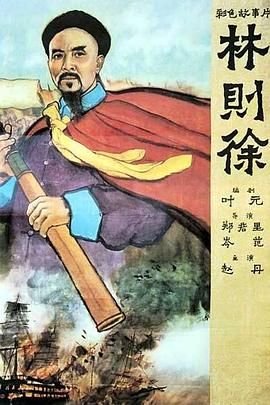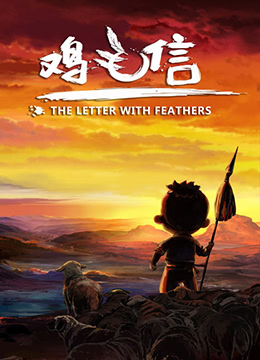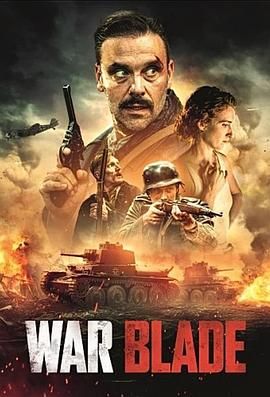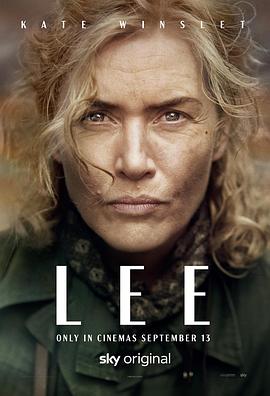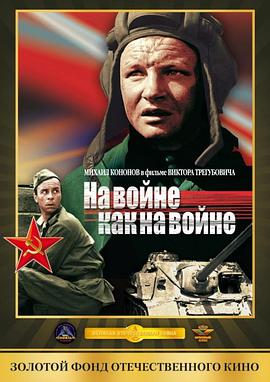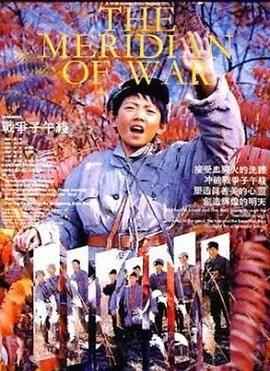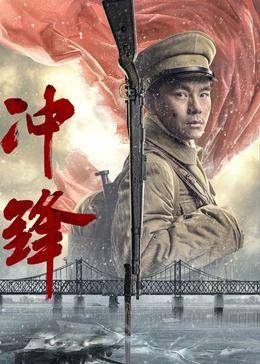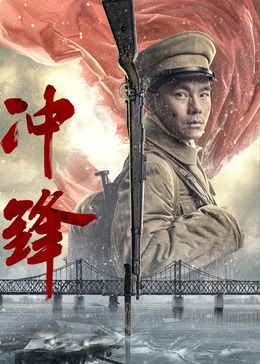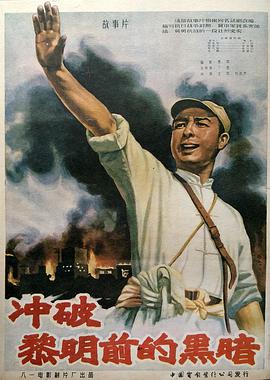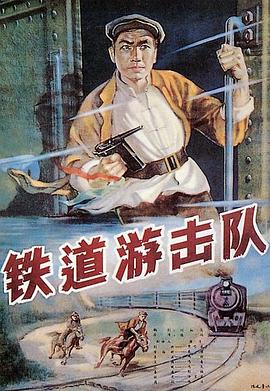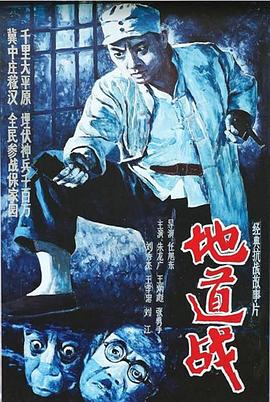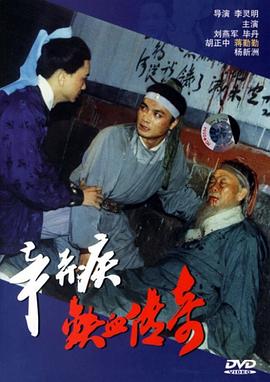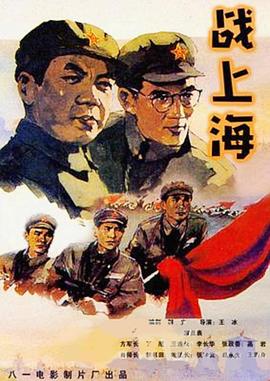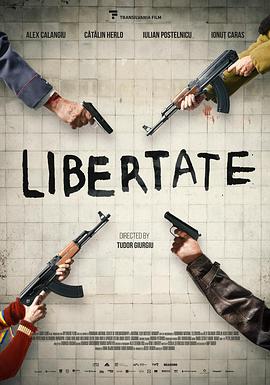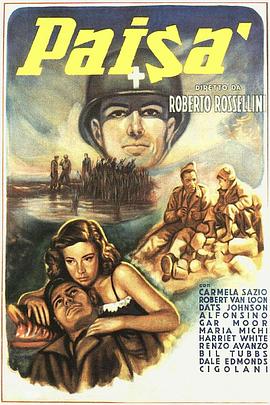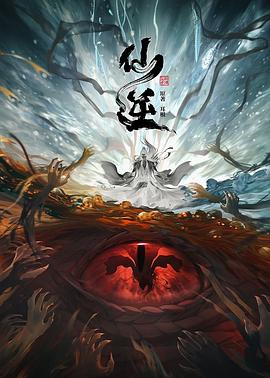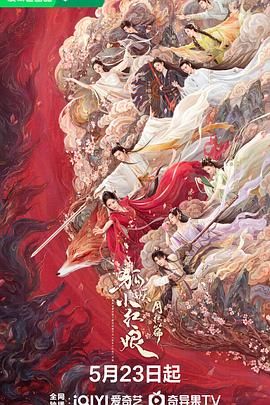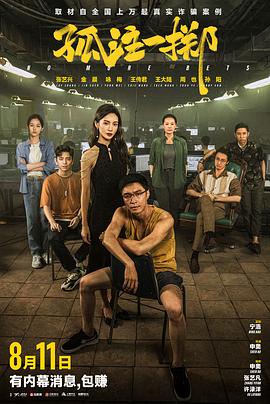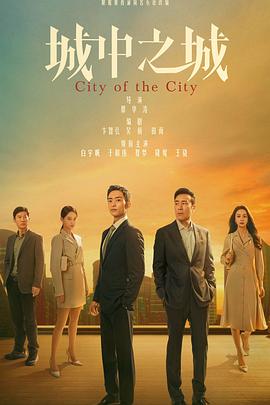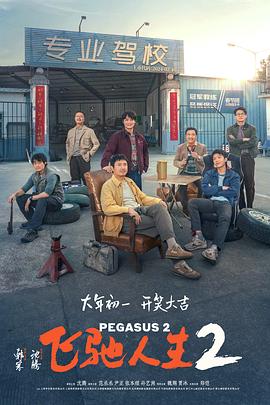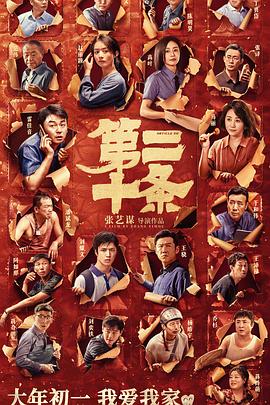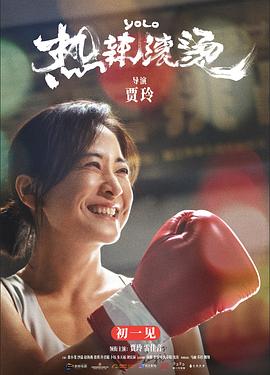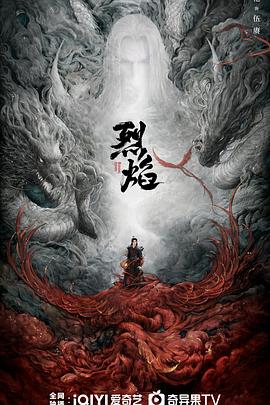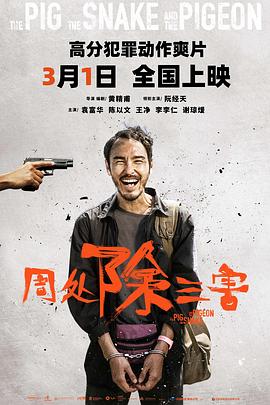
导演:
上映:
未知
备注:
HD
TAG:
未知
剧情:
In 1961, Stanislaw Rozewicz created the novella film "Birth Certificate" in cooperation with his brother, Taduesz Rozewicz as screenwriter. Such brother tandems are rare in the history of film but aside from family ties, Stanislaw (born in 1924) and Taduesz (born in 1921) were mutually bound by their love for the cinema. They were born and grew up in Radomsk, a small town which had "its madmen and its saints" and most importanly, the "Kinema" cinema, as Stanislaw recalls: for him cinema is "heaven, the whole world, enchantment". Tadeusz says he considers cinema both a charming market stall and a mysterious temple. "All this savage land has always attracted and fascinated me," he says. "I am devoured by cinema and I devour cinema; I'm a cinema eater." But Taduesz Rozewicz, an eminent writer, admits this unique form of cooperation was a problem to him: "It is the presence of the other person not only in the process of writing, but at its very core, which is inserperable for me from absolute solitude." Some scenes the brothers wrote together; others were created by the writer himself, following discussions with the director. But from the perspective of time, it is "Birth Certificate", rather than "Echo" or "The Wicked Gate", that Taduesz describes as his most intimate film. This is understandable. The tradgey from September 1939 in Poland was for the Rozewicz brothers their personal "birth certificate". When working on the film, the director said "This time it is all about shaking off, getting rid of the psychological burden which the war was for all of us. ... Cooperation with my brother was in this case easier, as we share many war memories. We wanted to show to adult viewers a picture of war as seen by a child. ... In reality, it is the adults who created the real world of massacres. Children beheld the horrors coming back to life, exhumed from underneath the ground, overwhelming the earth." The principle of composition of "Birth Certificate" is not obvious. When watching a novella film, we tend to think in terms of traditional theatre. We expect that a miniature story will finish with a sharp point; the three film novellas in Rozewicz's work lack this feature. We do not know what will be happen to the boy making his alone through the forest towards the end of "On the Road". We do not know whether in "Letter from the Camp", the help offered by the small heroes to a Soviet prisoner will rescue him from the unknown fate of his compatriots. The fate of the Jewish girl from "Drop of Blood" is also unclear. Will she keep her new impersonation as "Marysia Malinowska"? Or will the Nazis make her into a representative of the "Nordic race"? Those questions were asked by the director for a reason. He preceived war as chaos and perdition, and not as linear history that could be reflected in a plot. Although "Birth Certificate" is saturated with moral content, it does not aim to be a morality play. But with the immense pressure of reality, no varient of fate should be excluded. This approached can be compared wth Krzysztof Kieslowski's "Blind Chance" 25 years later, which pictured dramatic choices of a different era. The film novella "On the Road" has a very sparing plot, but it drew special attention of the reviewers. The ominating overtone of the war films created by the Polish Film School at that time should be kept in mind. Mainly owing to Wajda, those films dealt with romantic heritage. They were permeated with pathos, bitterness, and irony. Rozewicz is an extraordinary artist. When narrating a story about a boy lost in a war zone, carrying some documents from the regiment office as if they were a treasure, the narrator in "On the Road" discovers rough prose where one should find poetry. And suddenly, the irrational touches this rather tame world. The boy, who until that moment resembled a Polish version of the Good Soldier Schweik, sets off, like Don Quixote, for his first and last battle. A critic described it as "an absurd gesture and someone else could surely use it to criticise the Polish style of dying. ... But the Rozewicz brothers do no accuse: they only compose an elegy for the picturesque peasant-soldier, probably the most important veteran of the Polish war of 1939-1945." "Birth Certificate" is not a lofty statement about national imponderabilia. The film reveals a plebeian perspective which Aleksander Jackieqicz once contrasted with those "lyrical lamentations" inherent in the Kordian tradition. However, a historical overview of Rozewicz's work shows that the distinctive style does not signify a fundamental difference in illustrating the Polish September. Just as the memorable scene from Wajda's "Lotna" was in fact an expression of desperation and distress, the same emotions permeate the final scene of "Birth Certificate". These are not ideological concepts, though once described as such and fervently debated, but rather psychological creations. In this specific case, observes Witold Zalewski, it is not about manifesting knightly pride, but about a gesture of a simple man who does not agree to be enslaved. The novella "Drop of Blood" is, with Aleksander Ford's "Border Street", one of the first narrations of the fate of the Polish Jews during the Nazi occupation. The story about a girl literally looking for her place on earth has a dramatic dimension. Especially in the age of today's journalistic disputes, often manipulative, lacking in empathy and imbued with bad will, Rozewicz's story from the past shocks with its authenticity. The small herione of the story is the only one who survives a German raid on her family home. Physical survial does not, however, mean a return to normality. Her frightened departure from the rubbish dump that was her hideout lead her to a ruined apartment. Her walk around it is painful because still fresh signs of life are mixed with evidence of annihilation. Help is needed, but Mirka does not know anyone in the outside world. Her subsequent attempts express the state of the fugitive's spirits - from hope and faith, moving to doubt, a sense of oppression, and thickening fear, and finally to despair. At the same time, the Jewish girl's search for refuge resembles the state of Polish society. The appearance of Mirka results in confusion, and later, trouble. This was already signalled by Rozewicz in an exceptional scene from "Letter from the Camp" in which the boy's neighbour, seeing a fugitive Russian soldier, retreats immediately, admitting that "Now, people worry only about themselves." Such embarassing excuses mask fear. During the occupation, no one feels safe. Neither social status not the aegis of a charity organisation protects against repression. We see the potential guardians of Mirka passing her back and forth among themselves. These are friendly hands but they cannot offer strong support. The story takes place on that thin line between solidarity and heroism. Solidarity arises spontaneously, but only some are capable of heroism. Help for the girl does not always result from compassion; sometimes it is based on past relations and personal ties (a neighbour of the doctor takes in the fugitive for a few days because of past friendship). Rozewicz portrays all of this in a subtle way; even the smallest gesture has significance. Take, for example, the conversation with a stranger on the train: short, as if jotted down on the margin, but so full of tension. And earlier, a peculiar examination of Polishness: the "Holy Father" prayer forced on Mirka by the village boys to check that she is not a Jew. Would not rising to the challenge mean a death sentance? Viewed after many years, "Birth Certificate" discloses yet another quality that is not present in the works of the Polish School, but is prominent in later B-class war films. This is the picture of everyday life during the war and occupation outlined in the three novellas. It harmonises with the logic of speaking about "life after life". Small heroes of Rozewicz suddenly enter the reality of war, with no experience or scale with which to compare it. For them, the present is a natural extension of and at the same time a complete negation of the past. Consider the sleey small-town marketplace, through which armoured columns will shortly pass. Or meet the German motorcyclists, who look like aliens from outer space - a picture taken from an autopsy because this is how Stanislaw and Taduesz perceived the first Germans they ever met. Note the blurred silhouettes of people against a white wall who are being shot - at first they are shocking, but soon they will probably become a part of the grim landscape. In the city centre stands a prisoner camp on a sodden bog ("People perish likes flies; the bodies are transported during the night"); in the street the childern are running after a coal wagon to collect some precious pieces of fuel. There's a bustle around some food (a boy reproaches his younger brother's actions by singing: "The warrant officer's son is begging in front of the church? I'm going to tell mother!"); and the kitchen, which one evening becomes the proscenium of a real drama. And there are the symbols: a bar of chocolate forced upon a boy by a Wehrmacht soldier ("On the Road"); a pair of shoes belonging to Zbyszek's father which the boy spontaneously gives to a Russian fugitive; a priceless slice of bread, ground under the heel of a policeman in the guter ("Letters from the Camp"). As the director put it: "In every film, I communicate my own vision of the world and of the people. Only then the style follows, the defined way of experiencing things." In Birth Certificate, he adds, his approach was driven by the subject: "I attempted to create not only the texture of the document but also to add some poetic element. I know it is risky but as for the merger of documentation and poety, often hidden very deep, if only it manages to make its way onto the screen, it results in what can referred to as 'art'." After 1945, there were numerous films created in Europe that dealt with war and children, including "Somewhere in Europe" ("Valahol Europaban", 1947 by Geza Radvanyi), "Shoeshine" ("Sciescia", 1946 by Vittorio de Sica), and "Childhood of Ivan" ("Iwanowo dietstwo" by Andriej Tarkowski). Yet there were fewer than one would expect. Pursuing a subject so imbued with sentimentalism requires stylistic disipline and a special ability to manage child actors. The author of "Birth Certificate" mastered both - and it was not by chance. Stanislaw Rozewicz was always the beneficent spirit of the film milieu; he could unite people around a common goal. He emanated peace and sensitivity, which flowed to his co-workers and pupils. A film, being a group work, necessitates some form of empathy - tuning in with others. In a biographical documentary about Stanislaw Rozewicz entitled "Walking, Meeting" (1999 by Antoni Krauze), there is a beautiful scene when the director, after a few decades, meets Beata Barszczewska, who plays Mireczka in the novella "Drops of Blood". The woman falls into the arms of the elderly man. They are both moved. He wonders how many years have passed. She answers: "A few years. Not too many." And Rozewicz, with his characteristic smile says: "It is true. We spent this entire time together." 收起
相关影片
1959
战争片
大陆
HD
1954
战争片
中国大陆
正片
2024
战争片
英国
它跟随特工班克斯,因为他的任务是拯救一个法国抵抗战士从一个隐藏的纳粹地堡。
正片
2023
战争片
英国
HD
1968
战争片
其它
HD
1990
战争片
中国大陆
正片
2024
战争片
中国大陆
正片
2024
战争片
中国大陆
正片
2024
战争片
大陆
HD
1956
战争片
中国大陆
正片
1956
战争片
大陆
HD
1965
战争片
大陆
HD
1993
战争片
大陆
HD
1959
战争片
中国大陆
正片
2023
战争片
罗马尼亚,匈牙利
Alex Calangiu Catalin Herlo 罗努特·卡拉斯 尤利安·波斯泰尔尼库 亚历山德鲁·帕帕多波尔 Leonid Doni 安迪·瓦斯卢亚努 托玛·库津 Mirela Oprisor 斯蒂芬·扬库 科斯特尔·卡斯卡韦尔 Voicu Dumitras 伊恩·格罗叙 Nicu Mihoc Alin Florea Razvan Vicoveanu áron Dimény 尼科丁·恩古里亚努 Laurentiu B?nescu 博格丹·法尔卡什
Sibiu ’89 reenacts a lesser-known story about those days of violent civil unrest that led to a blood
HD
1946
战争片
意大利
卡米拉萨齐奥 罗伯托范隆 BenjaminEmanuel RaymondCampbell HaroldWagner AlbertHeinze MerlinBerth MatsCarlson LeonardParrish 多茨·约翰逊 AlfonsinoPasca 玛丽亚·米琪 加尔·摩尔 哈丽特·梅丁 伦佐·阿万佐 威廉·塔布斯 戴尔·埃德蒙兹 朱丽叶塔·马西纳
本片以第二次世界大战末期,在意大利登陆的美军攻破德军防线为背景,导演以令人感动的场面把美军从南部攻到北部期间所引发的一些意大利民间故事编成一部有连贯性的社会写实的电影,画面上的真实感,给予人们非常大的
正片
正在热播
更多已完结
2020
国产动漫
大陆
已完结
2024
国产剧
中国大陆
已完结
2023
剧情片
大陆
HD
2024
国产剧
中国大陆
第6集
2024
国产剧
大陆
张若昀 李沁 陈道明 吴刚 田雨 李小冉 俞飞鸿 袁泉 毛晓彤 郭麒麟 宋轶 辛芷蕾 宁理 刘端端 张昊唯 付辛博 高曙光 赵柯 于洋 李强 刘桦 佟梦实 郭子凡 金晨 王楚然 高露 王晓晨 隋俊波 归亚蕾 余皑磊 毕彦君 罗二羊 吴幸键 宣言 王庆祥 徐志胜 崔志刚 傅迦 姚安濂 秦焰 沈晓海 王同辉 冯兵 常铖 王建国 刘宇桥 冯恩鹤 赵振廷 董可飞 李俊贤 崔鹏 贾景晖 王天辰 代文雯 王成阳 张弛 左凌峰 刘同 张维伊 东靖川 杨彤 孙亦沐 于小鸣 魏炳桦 李珞桉
该剧改编自猫腻同名畅销小说,承接上季,范闲(张若昀 饰)率领使团回归途中,二皇子以费介、范思辙以及滕家遗孤的安危来威胁范闲,逼他向自己俯首称臣,二人的矛盾就此激发。范闲所面对的抱月楼迷局,以及接踵
已完结
2024
国产剧
大陆
第40集完结
2024
喜剧
大陆
正片
2024
国产剧
大陆
第37集完结
2024
喜剧
大陆
正片
2024
喜剧
大陆
HD
2024
国产剧
大陆
已完结
2024
国产剧
大陆
已完结

